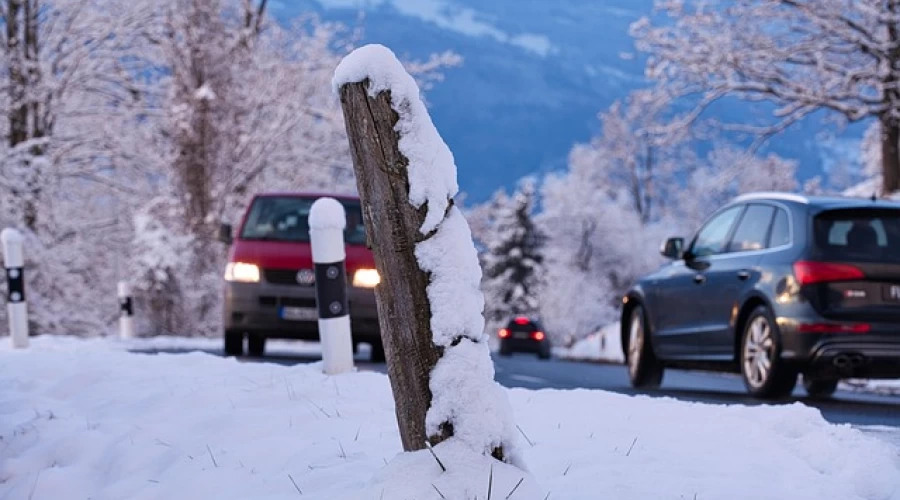Recovering from a Flood
This article contains information & advice regarding risks that do not appear on the Risk Register.

Recovery from a Flood
The actual flood itself will be very traumatic. No matter how big or small the flooded area is, there is no doubt it is a very stressful situation. Below are some steps you need to consider after a flood event:
Look after yourself and your family
Nothing is more important than you and your family. The mental stress of a flood can and will impact everyone. Making sure everyone is initially fine is the most important thing. Longer term, not losing sight of this is key. A flood event at home will impact all areas of your life, from schooling, work, holidays to health and wellbeing. It’s important to tell workplaces and schools what you are going through so they can offer support.
Contact your insurance company
Contacting your insurance company should be one of the first things you do, they might be able to rehome you and can start the ball rolling on the next steps for your property and belongings. If you are in rented or social housing procedures will also be in place. In this instance, you should contact your housing provider to ensure that you have somewhere to stay as a priority. The housing provider will then be able to identify longer-term solutions.
What insurance policies cover will differ from company to company and depending on the level of cover you purchased. Whether you are renting or own your home, having contents insurance will be important to ensure your possessions are covered.
Identify any local flood action groups or wardens
In a major flood event, it is likely the local authority has identified and opened up a flood hub to help organise recovery. Make sure you are linked in with this to help with any updates, queries and to provide advice and guidance. These will be advertised on the local authority website, notice boards and on social media. Should your area also have a flood warden it is important to get in contact with them to liaise around any issues and concerns.
Check if you can return home
If you’ve had to leave your home, check with the emergency services that it’s safe before you return.
Your home or business may also need a safety inspection by the utility companies before you can turn the water, gas and electricity back on.
Cleaning and repairing your home
Take advice from specialists before starting repairs to your property. Most of the repair work after flooding will need to be undertaken by professionals appointed by your insurers.
Flood water may contain harmful substances like sewage, chemicals and animal waste which could make you unwell. If you come into contact with flood water, wash your hands thoroughly.
When cleaning your home after a flood always wear gloves, a face mask and sturdy footwear. Find out how to clean up your home safely after a flood.
Before you start cleaning, take photographs to document damage and record the flood water height. Ask your insurer before discarding items that cannot be cleaned, like mattresses and carpets.
If you use heaters or dehumidifiers to dry out your property, make sure there’s good ventilation. Never use petrol or diesel-powered generators indoors – their exhaust gases are potentially lethal.
If you have any questions about recovering from a flood, such as disposing of used sandbags or damaged furniture, contact your local authority. They should help with collecting large flood-damaged items. They’ll tell you where to put them and when they may be collected.
Related News

Wiltshire Libraries offer warm and welcoming spaces this winter
1m read
Wiltshire Libraries offer warm and welcoming spaces this winter

Back on the road: Wiltshire's gritters return ahead of winter weather
1m read
Back on the road: Wiltshire's gritters return ahead of winter weather
Protect from future floods
There are some simple things you can do, such as replacing carpets with tiles and consider moving electrical sockets further up the walls.
There are also suppliers of flood products and services which can be found on the Bluepages.
Read the National Flood Forum's advice on how to protect your property from flooding in the future.
Stay Healthy
You can find general advice about staying healthy after a flood at the UKHSA.
If you notice a change in the colour, taste or smell of your tap water, stop using it and phone your water company.
Don’t eat food that’s touched flood water. If your electricity is off, don’t eat fresh food from a fridge after 4 hours or from a freezer after 24 hours.
The Food Standards Agency offers detailed food safety advice for flood victims.
Get help
The Environment Agency has specially trained Flood Support Officers across the country who provide information and advice during and after floods. Call Floodline (24-hour service) on 0345 988 1188 or type-talk (for the hard of hearing) on 0345 602 6340 to find out if they’re active in your area.
Get emotional support
Having a flooded home is very stressful. If you need emotional support, contact family and friends, your doctor or an organisation like the Red Cross or the Samaritans.
UKHSA offers a guide to mental wellbeing after a flood.
Apply for financial aid
You may be able to get financial aid for flood recovery. Apply to your local council.
For more information please see: How to recover after a flood - Check for flooding - GOV.UK (check-for-flooding.service.gov.uk)
Downloads
Flood Recovery Guide Wiltshire
Check out and download the Flood recovery Guide put together by our local Environment Agency partners


